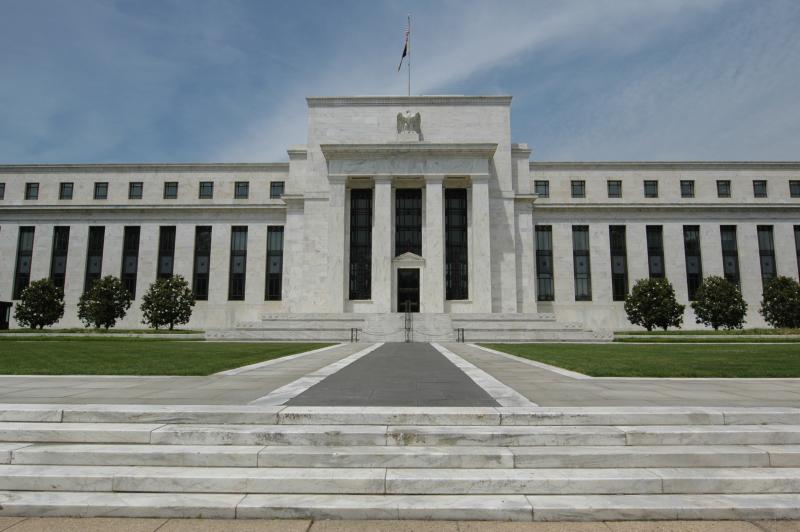
Last year, Congress passed the Economic Growth, Regulatory Relief and Consumer Protection Act, and President Trump signed the legislation, more simply known as S. 2155.
The legislation is aimed at reforming portions of the Dodd-Frank Act, Congress’s knee-jerk legislation following the financial crisis that captured part or whole industries that had nothing to do with the crisis and resulted capital being shifted from investments being made in small businesses, discontinued banking products and the slowing mortgage processing to the cost of regulatory compliance created from the Act.
A part of the S. 2155 is intended to provide clarity and relief for banks subject to Dodd-Franks “Volcker Rule”. The rule forbid banks from investing and engaging in short-term trading with their own assets on behalf of a bank’s customers.
In Section 203 of S. 2155, Congress voted to expand relief for banks from the Volcker Rule if they meet one of two requirements. The legislation provides exemptions to the Volcker Rule for banks under $10 billion in assets or banks that engage in limited asset trading. Instead, the five financial regulators tasked with writing and enforcing the rule and its proposed relief have taken a different approach that re-interprets what they believe was Congress’s intent of S. 2155, to instead provided targeted relief for only a handful of small financial institutions.
Under their proposed rule the regulators would instead exclude only those banks that are under $10 billion in assets and engage in limited asset trading. This incorrect interpretation not only ignores Congressional intent but also questions the administrative law doctrine of “Chevron deference” that has empowered administrative agencies to interpret legislation as they see fit when the legislative “statute is silent or ambiguous with respect to the specific issue” and determined by the “rational” or “reasonable” intent of Congress.
In the case of Sec. 203 of S. 2155, Congress was neither silent nor ambiguous in determining how relief from Volcker may be granted. Narrowly tailoring the proposed rule for relief side-steps a bipartisan piece of legislation and goes against President Trump’s push for deregulation that will free-up more capital to be invested in our economy.
The full letter can be found here.

